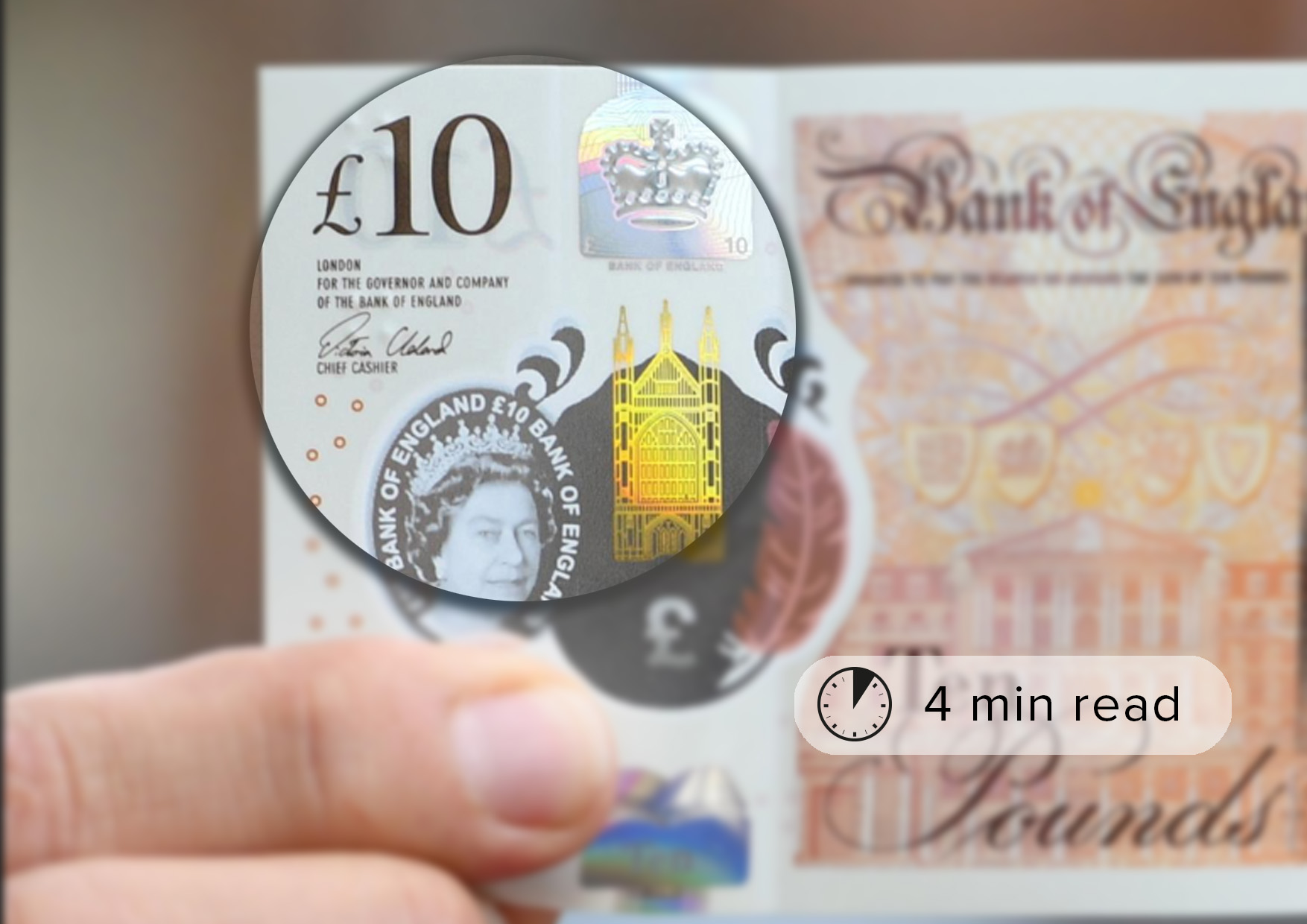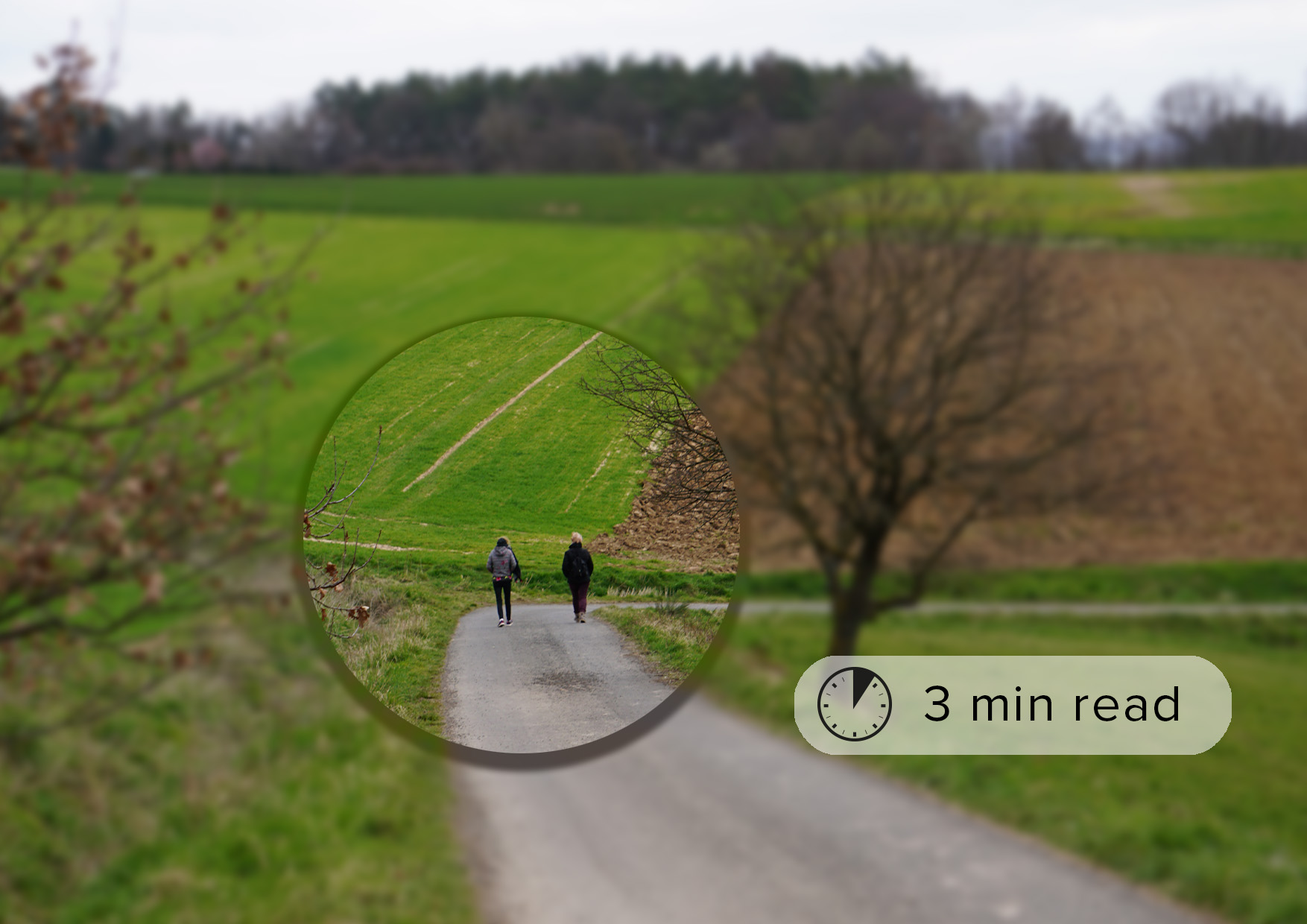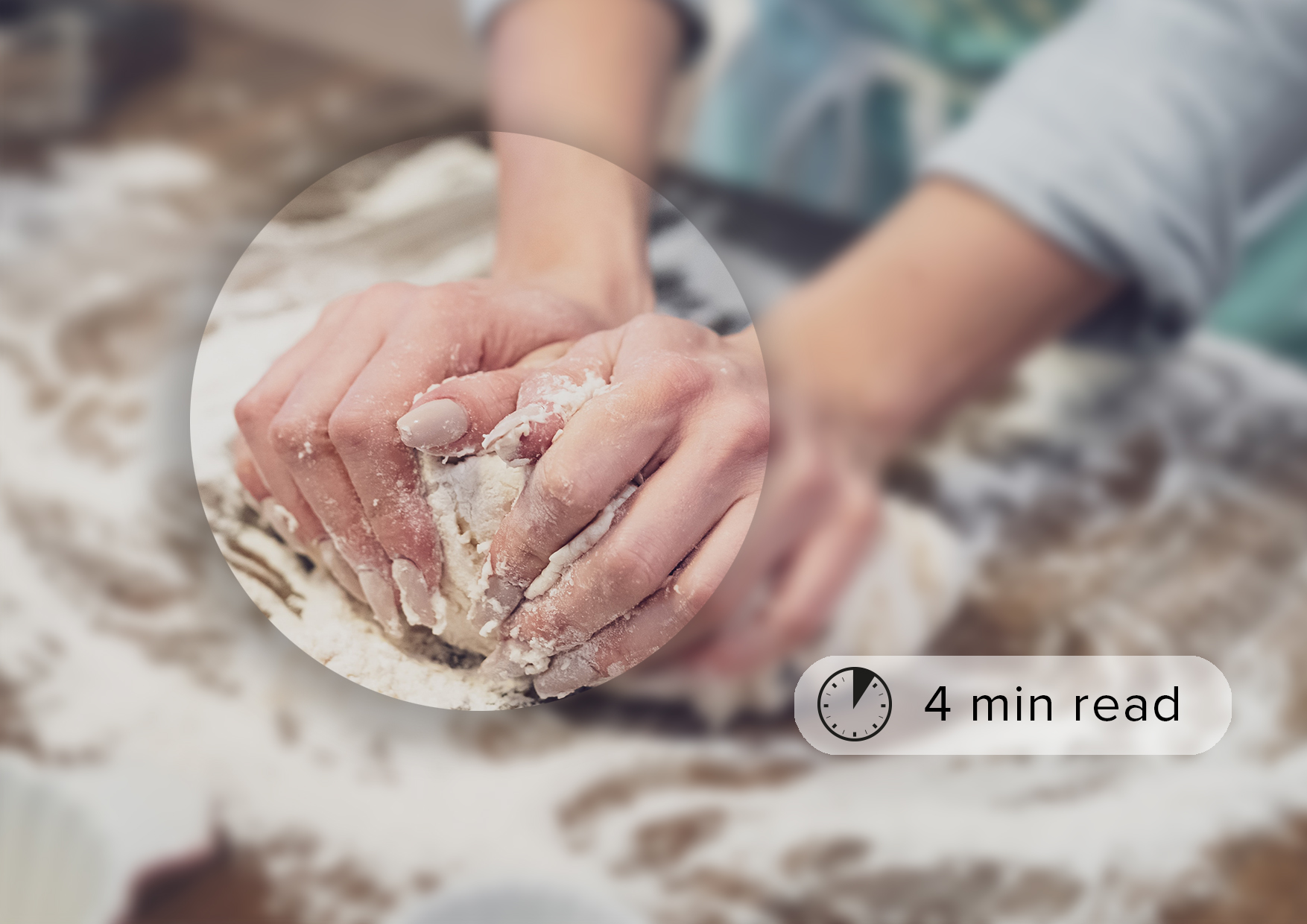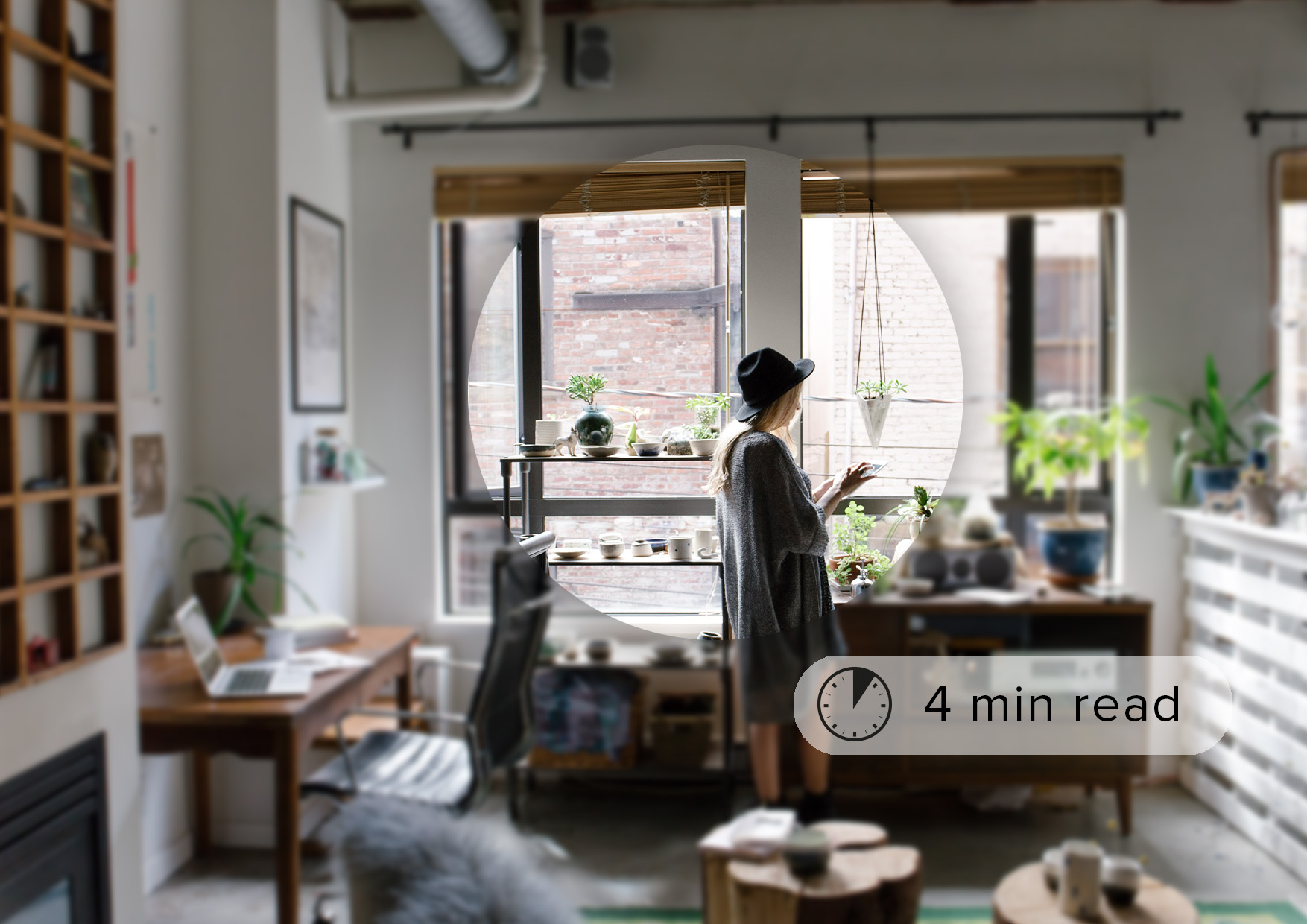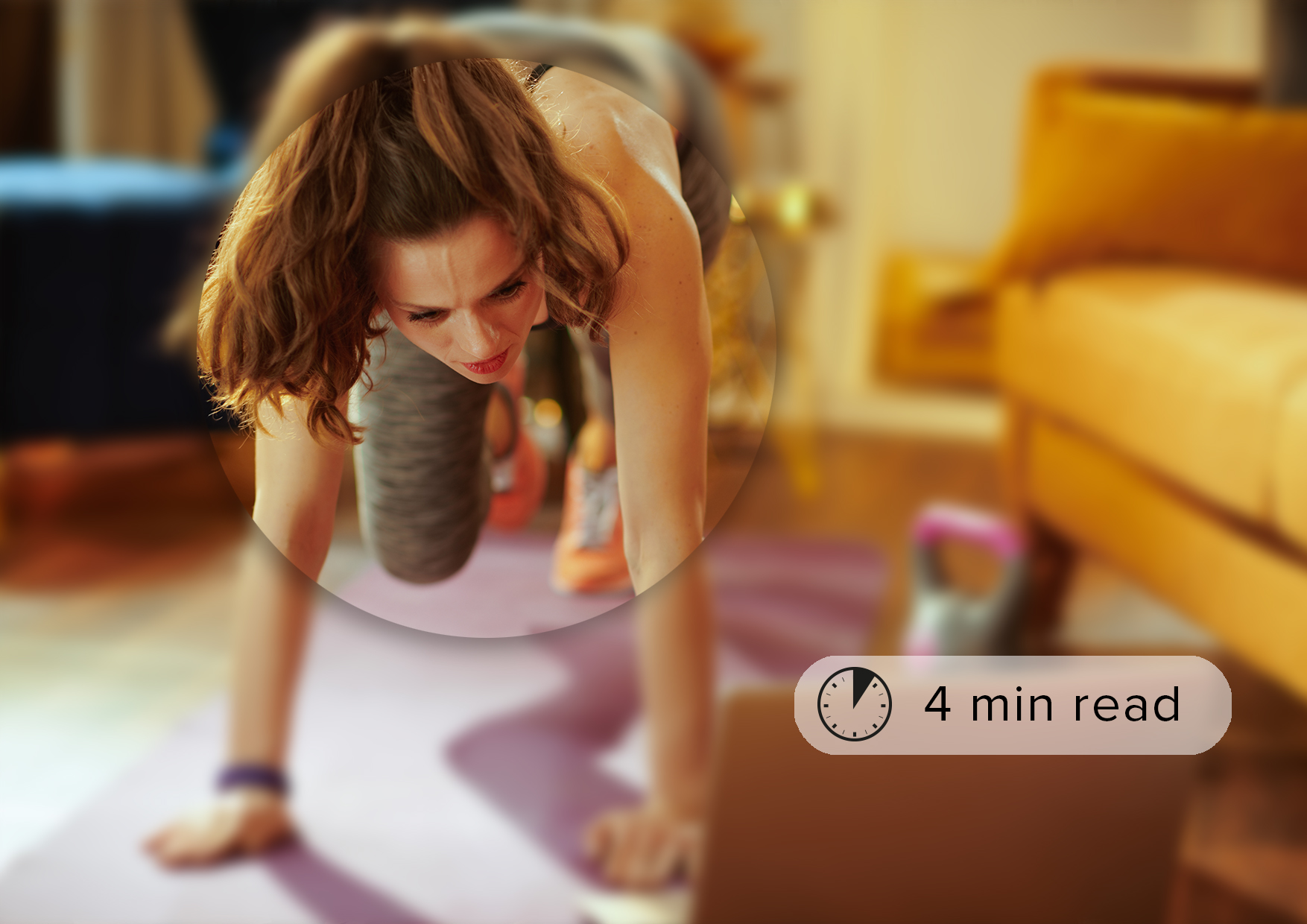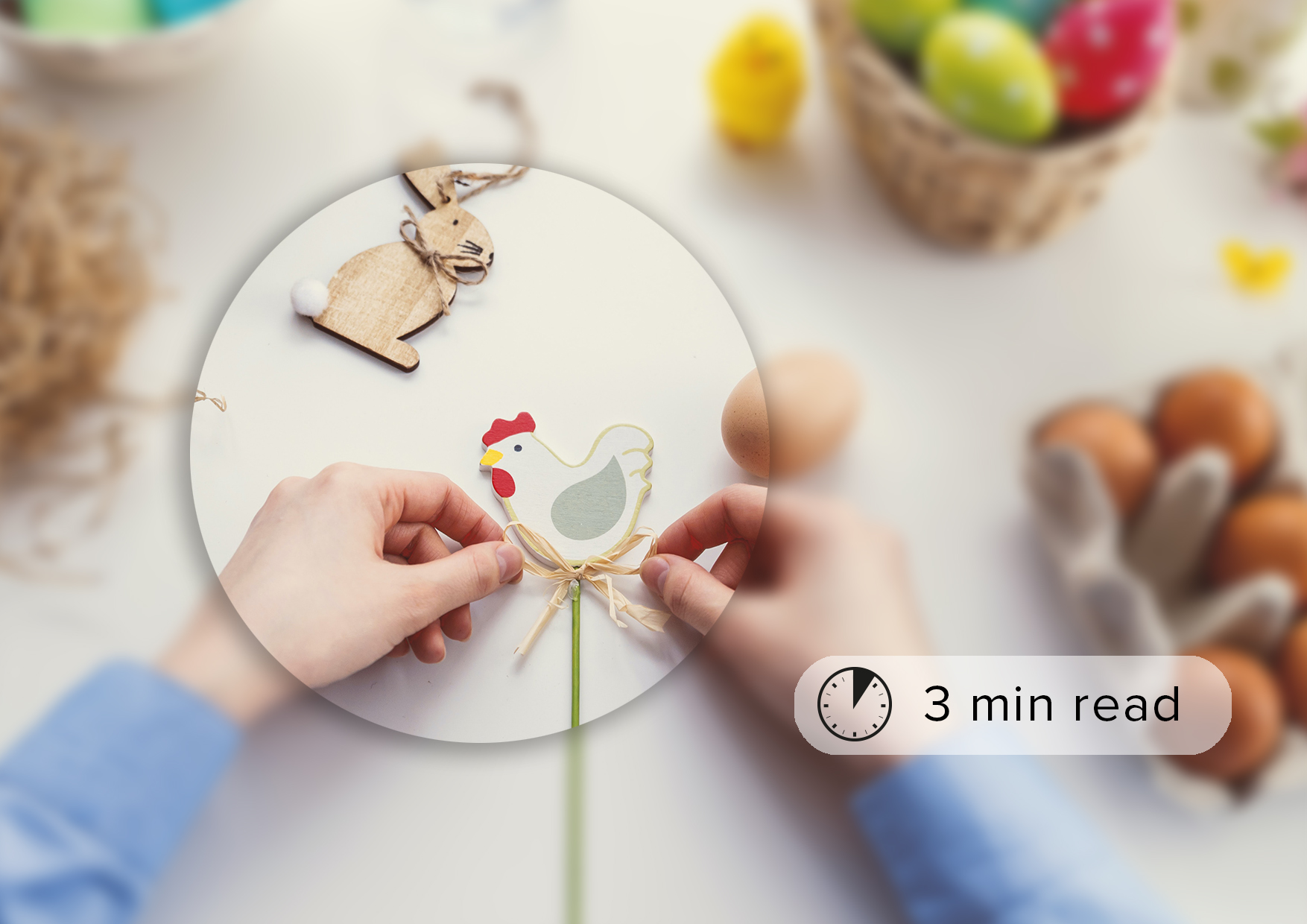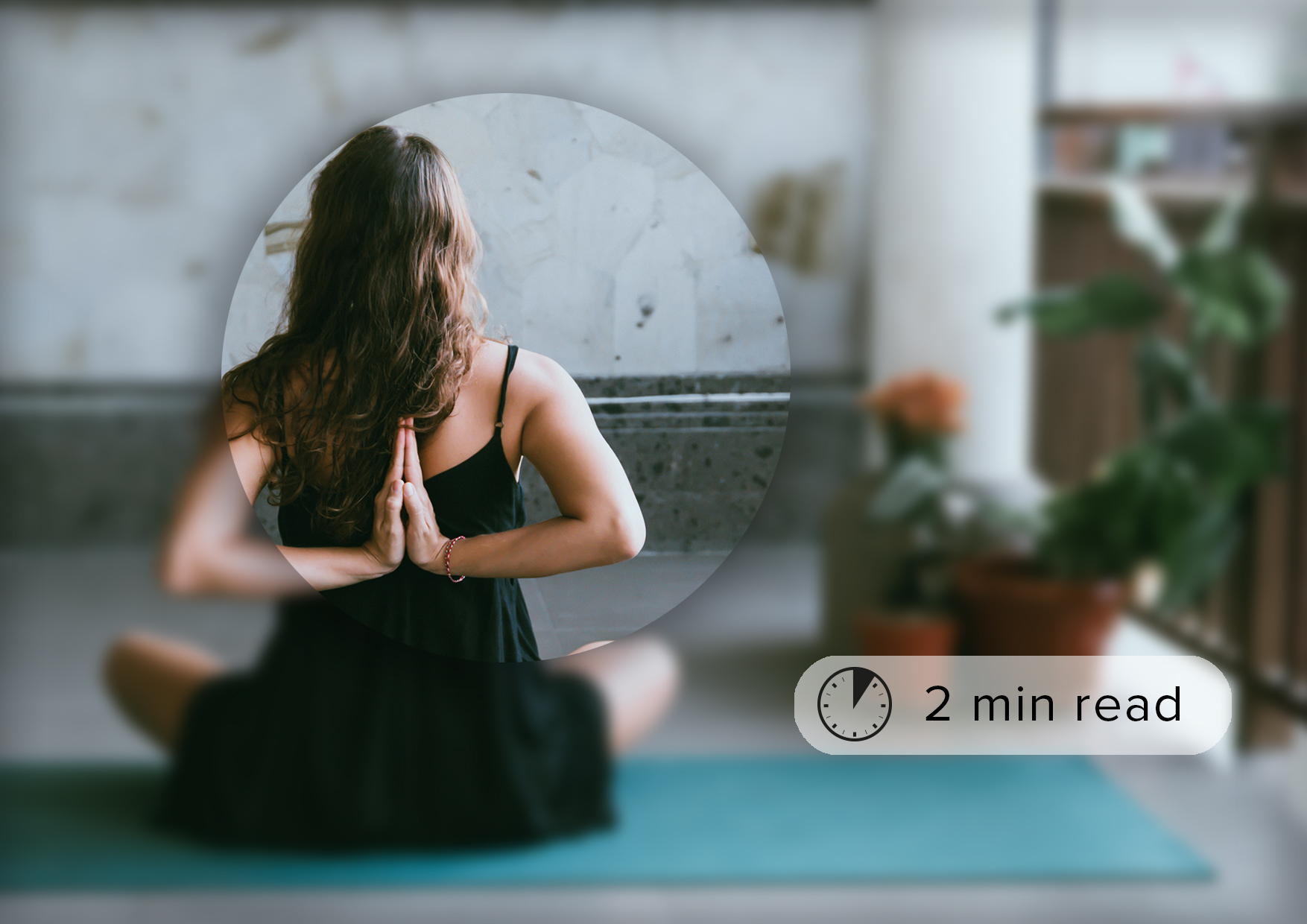The unsustainable world of fast fashion
There’s something rather wonderful about a little shopping spree and a funky new wardrobe, especially as the seasons change and new outfits beckon! We can get our hands on the latest trends at a fraction of the catwalk price… but is this really a good thing? Well, it might be great for the fashion-conscious among us and the retailers who profit from it, but the massive rise of ‘fast fashion’ in recent years has come at a very high price for the environment.
The truth behind the clothes
As the House of Commons Environmental Audit Committee 2019 points out, “The way we make, use and throw away our clothes is unsustainable. Textile production contributes more to climate change than international aviation and shipping combined, consumes lake-sized volumes of fresh water and creates chemical and plastic pollution.”
Once you realise how these clothes end up on the shelves, the processes and the impact on the environment, it’s pretty clear there needs to be a change from the current fast fashion trend to a more sustainable way of buying our clothes. We’re at the heart of the problem in the UK, where it’s estimated every person buys 26.7kg of clothing a year – higher than any other European country. That’s a shocking statistic! I know I’ve certainly been guilty over the years of going on a good shopping spree with no idea of the wider impact – but not anymore!
So what can we do?
Well it’s clearly a huge issue and we could all start by doing our bit to spread the word! Talk about it with your friends and family and take a few simple steps to make an impact:
Buy less
Do you really need to buy that new winter coat, or can you dig out last year’s coat from your wardrobe? Think twice before buying anything new.
Buy second-hand
There are so many options, with loads of online marketplaces to choose from and charity shops on every high street which are wonderful for grabbing yourself a bargain!
Buy better quality
It should last longer and means you shouldn’t have to buy new things quite so often – better for the environment and your wallet.
Buy from sustainable brands
Support brands that take into account their environmental and social impact where possible, it really does make a difference.
Don’t throw your clothes away
If a zip’s broken or a hem’s come down try and repair it yourself, or if it’s beyond your sewing skills support a local tailoring business – it’ll be as good as new! I did this recently with a favourite jacket and loved that I could still use it. Donate what you don’t want or need anymore to a charity shop, or arrange a clothes swap with friends.
I’ve already started on my slow fashion journey and haven’t bought any new clothes for myself in months. I’m determined to keep this in the back of my mind for any future purchases and look to buy second hand more where I can (and fix where possible, too!) – do you think you can make a change to how you shop for clothes?




